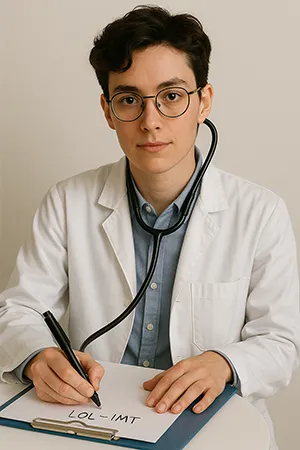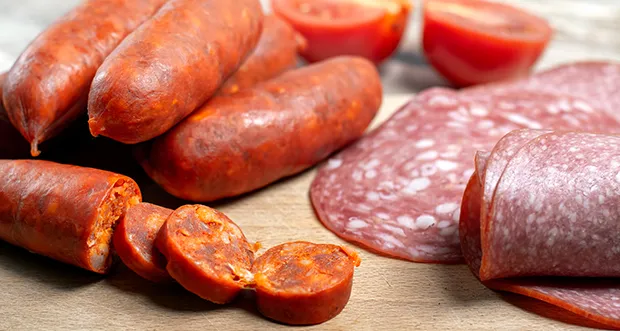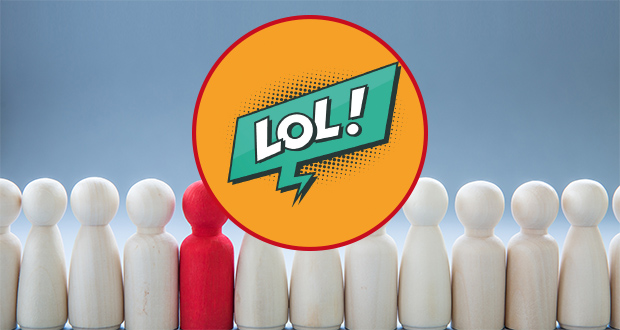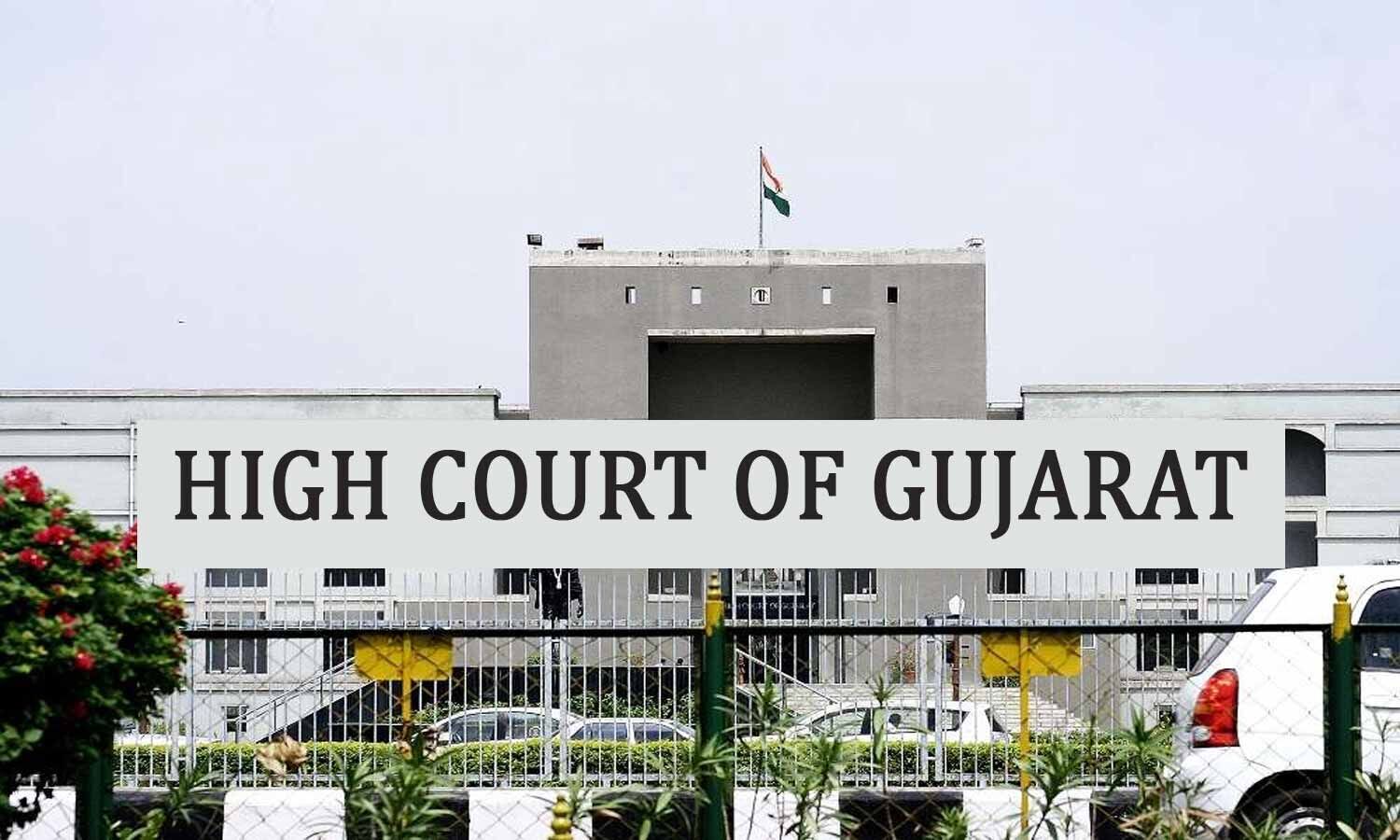Welcome to this week’s issue of The Week in Medicine – a round-up of all the happenings in the world of Irish medicine
Fórsa union members across the country are about to get a new kind of workplace visit — one that could save lives.
Fórsa and Breast Cancer Ireland have launched a two-year breast health awareness programme. The initiative, led by outreach coordinator and breast cancer survivor Juliette O’Connell, aims to reach 88,000 union members with practical presentations on early detection.

Dr Leslie O’Looney
Juliette will travel nationwide in a bright pink Breast Cancer Ireland car — not the easiest vehicle for undercover work, but perfect for spreading awareness. The sessions, which can be booked during the working day or watched online, focus on the eight key signs and symptoms of breast cancer.
The organisers say the aim is simple: early detection saves lives. Given one in seven women in Ireland will face breast cancer, that sounds like a road trip worth taking.
***************
Ten youth and community organisations have received funding from the 2025 Vhi Health & Wellbeing Fund, sharing €85,000 to support projects that help young people manage anxiety, build resilience, and stay connected.
Since launching in 2020, the fund has awarded €444,000 to 54 groups, reaching nearly 38,000 young people. This year’s recipients include Finglas Youth Resource Centre, The Shona Project in Donegal, GOSHH in Limerick, and the Irish Refugee Council in Dublin.
The projects range from creative aftercare programmes for care leavers to workshops for Traveller youth and support for LGBTI+ teens.
It’s great to see the Vhi involved in these projects and encouraging Irish youth to get involved. Also looking forward to their new deal that offers cheaper insurance to those who don’t eat shellfish – which will be known as the ‘No clams bonus’.
***************
Two occupational therapy projects have taken top honours at the Association of Occupational Therapists of Ireland (AOTI) annual conference in Mullingar.
Catherine Daly of Memory Harbour, Clonskeagh, won the Ann Beckett Award for Yellow Days, a poetry project for people with memory impairment. Working with poet Grace Wilentz, she helped participants express themselves through writing — proving that even when memory fades, creativity can stick around.
Meanwhile, Dearbhla O’Reilly of the National Council for Special Education won the Eva Duggan Award for a child-directed video series teaching self-regulation to primary school children. It’s a simple concept with big impact — giving kids tools to handle emotions before they turn into full-scale meltdowns.
Both winners show that therapy doesn’t always look like therapy. Sometimes it looks like a poem. Or a YouTube video. Or, occasionally, a sigh of relief from a grateful teacher.
***************
Scientists from the University of Galway, University of Florida, and University of Arkansas have confirmed what most of us suspected: real superheroes don’t need capes — just compassion.
In a study of 25 blockbuster films, researchers analysed 97 characters and found that 98 per cent of superheroes share one defining trait — altruism. In contrast, villians were far more likely to wear capes, but not much empathy.
The study, published in the Irish Journal of Medical Science, was carried out after-hours by a team of self-confessed comic-book fans. Their conclusion? Heroism is about helping others, whether you’re Superman or a sleep-deprived nurse.
Micheál Martin applied to be a superhero as part of the X-Men team once. They asked him what his super power was and he replied: “Hindsight”. The doctor says to him: “That won’t be of any use to us.”
“I can see that now,” Martin replies.
***************
If the world needed yet another reason to ease off the sausages, this might be it. A new analysis estimates that reducing red and processed meat consumption across high-income countries could free up $28 billion a year in healthcare savings — enough to pay the salaries of more than 374,000 nurses.
The report, covering nations including the US, the UK, Australia, Canada and much of Europe, found that even small reductions in meat-heavy diets could have major economic and health benefits. A ten per cent cut in processed meat-related disease could save $9 billion annually, while a 30 per cent reduction could release $28 billion. For red meat, those savings would range from $6.3 billion to nearly $19 billion, depending on the level of reduction.
Zero Carbon Analytics’s analysis highlights that many wealthy countries spend heavily to treat illnesses caused by diet — rather than preventing them. Switzerland tops the list, spending up to $99,000 to avoid losing just one healthy year of life to processed-meat-related disease. Yet high spending doesn’t guarantee success: despite huge investment, the United States still reports one of the worst disease burdens from red and processed meat.
According to Dr Chris van Tulleken of University College London, ‘Our diets are failing us and our healthcare systems. Processed meat is driving disease and draining budgets — we’ve seen this story before with tobacco and sugar.’

Between 2002 and 2022, meat intake climbed by almost 20 per cent. Pic: Getty Images
The World Health Organisation classifies processed meat as carcinogenic and red meat as probably carcinogenic, but global consumption keeps rising. Between 2002 and 2022, meat intake climbed by almost 20 per cent, with processed meat consumption jumping by over 150 per cent since 1990.
The new report argues that prevention — not treatment — is the smarter investment. As Dr Lujain Alqodmani from Health Care Without Harm put it, ‘Rich countries are paying a steep price for their addiction to meat. This isn’t about giving it up entirely — it’s about cutting back to levels that won’t cost lives, or health systems, billions.’
If nothing else, it’s food for thought — just not the processed kind.










